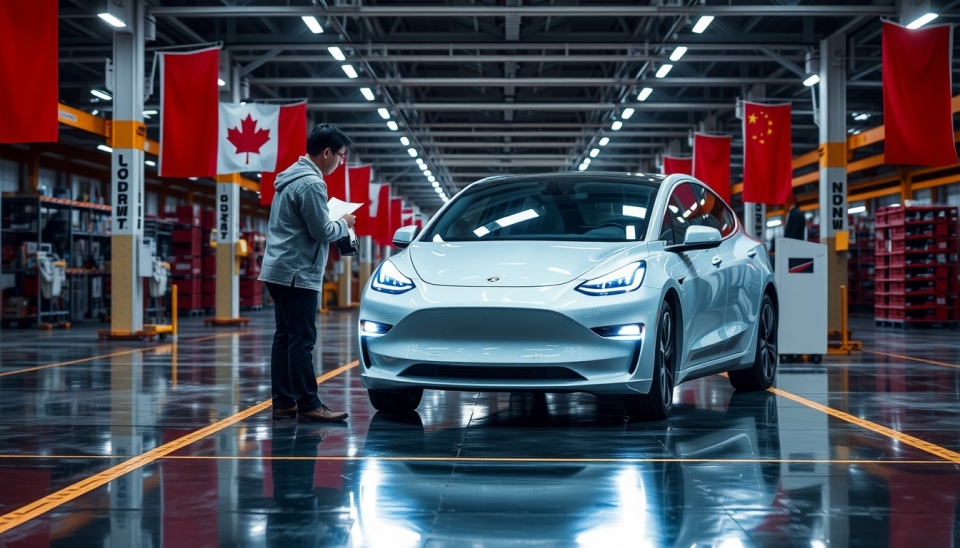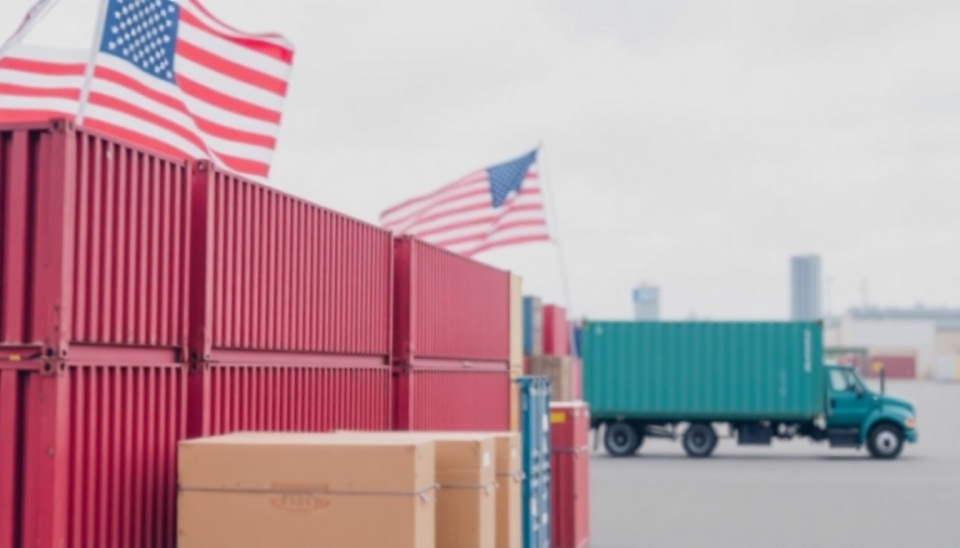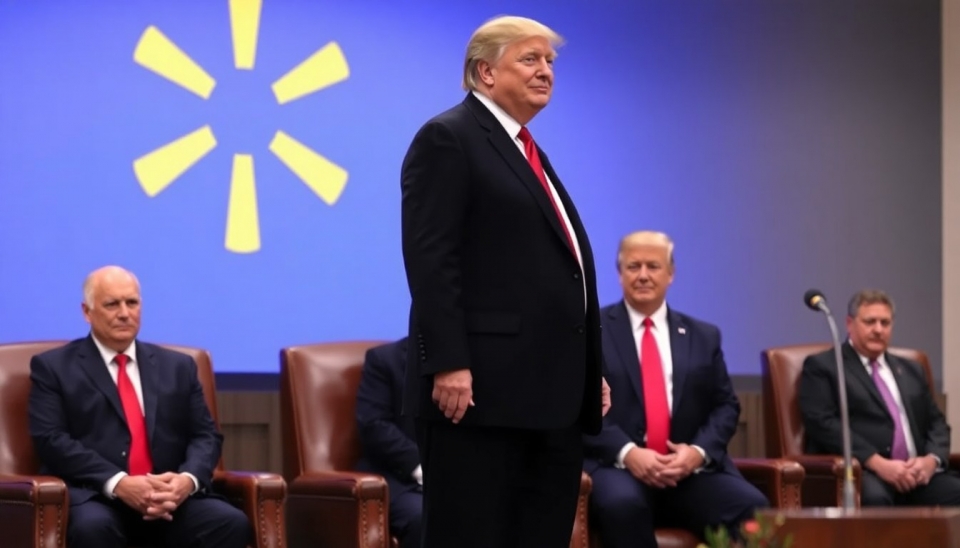Canada Imposes Tariffs on Chinese Electric Vehicles: Supply Chain Uncertainty Continues

Canada has decided to introduce new tariffs on the import of Chinese electric vehicles (EVs), marking yet another step in the escalation of trade tensions between the countries. These measures were officially announced by the Canadian government amid growing concerns over the impact of Chinese manufacturers on the local market, as well as a global supply shortage.
The tariffs on Chinese EVs could raise the cost of vehicles in Canada, potentially leading to reduced sales and microeconomic problems for local end-users. It is expected that this decision will significantly affect the competitiveness of various automakers operating in the country, including both Canadian and foreign companies.
In light of these changes, the Canadian government emphasizes that such measures are necessary to protect its own manufacturers and ensure fair business conditions. Analysts suggest that the introduction of new tariffs may also provoke retaliatory measures from China, further escalating tensions in international trade.
The supply situation remains unstable due to the global crisis caused by the COVID-19 pandemic and semiconductor shortages. This jeopardizes plans for a transition to cleaner transportation modes, which are being actively developed in Canada and other countries. Canadian authorities underscore the importance of developing the local economy and shielding it from external risks.
Thus, the introduction of new tariffs on Chinese electric vehicles adds additional complexities to an already challenging supply situation. It is anticipated that these measures will significantly impact the structure of the automotive market in the future.
#tariffs #Canada #China #electric #vehicles #economy #import




